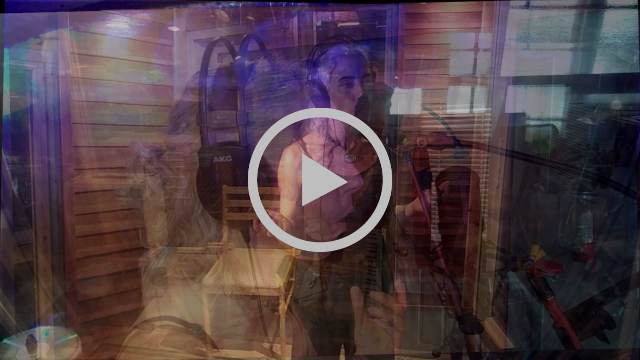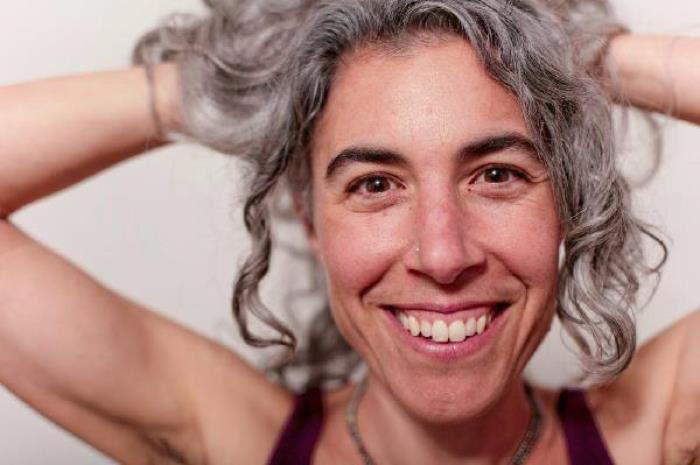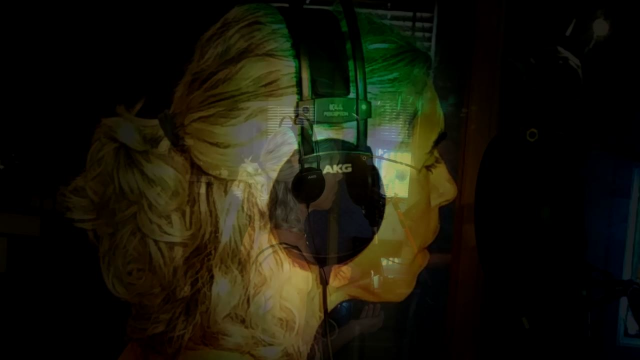Half the World is Behind You
Do you find yourself sticking your neck forward and crunching your shoulders in concentration? These are common reading, texting, and speaking habits. Our need to focus to extract meaning, or to see, hear and speak drive us to push our faces forward. The urgency of social communication can undermine our natural capacity for ease. This is a common problem for my actor students who have the challenge of broadcasting emotion to the back row without sacrificing authenticity. Luckily, there is a simple solution that does not involve advanced postural cuing, hands on work from an Alexander Technique teacher, or expensive equipment. You can try it right now.
Expand your awareness to include the space behind you. Sometimes it’s helpful to actually turn around and look behind you, and then turn back and imagine you are seeing out through the back of your head, or the skin of your back. This requires a little imagination. Do you recall that feeling of knowing someone is looking at you even though they are behind you? How do we know? I don’t have the answer to this, but we can make use of our ability to extend perception to balance our use. “Use” is F.M. Alexander’s term for the way we habitually organize our movement in response to all the stimuli of life. What does it feel like to extend your awareness backwards?
Then, if you are an actor, take out some text, or a script you are learning. If your are not an actor, your phone is probably your biggest stimulus to focus forward and contract your attention. Do you feel an immediate impulse to push your neck forward? Are you holding your breath? Again, expand your attention to the space behind you. Rest a bit, and try your task again. Toggle between expanding awareness backwards, and focusing attention forward. Practice for only 2-minutes, and then let it go. Otherwise, you won’t be able to get anything done. Directing attention takes a lot of cognitive resources at first! See if this short amount of practice leaves you with the spontaneous ability to broaden your awareness and breathe throughout the day.
It’s pleasant to practice expanding your field of attention outdoors while walking or exercising. It’s challenging but good to practice expanding awareness back during a conversation with someone. The heat of communicating, the need to be heard, liked, or to make your point, is often the biggest stimulus to push your head forward.
I learned this exercise from my teacher Frank Ottiwell. I had the privilege of assisting Frank’s Alexander Technique Classes for actors at American Conservatory Theater (where I still teach) for several years. As you know, actor’s frequently stick their necks out in the urgency of communication. I’m sure you’ve seen this on film. Two actors argue, and if you turned off the sound you would witness the argument progress as chins compete in forward motion. Frank would quip, “Half the world is behind you.” With this simple reminder the actors would find a way to speak while staying centered and free.







